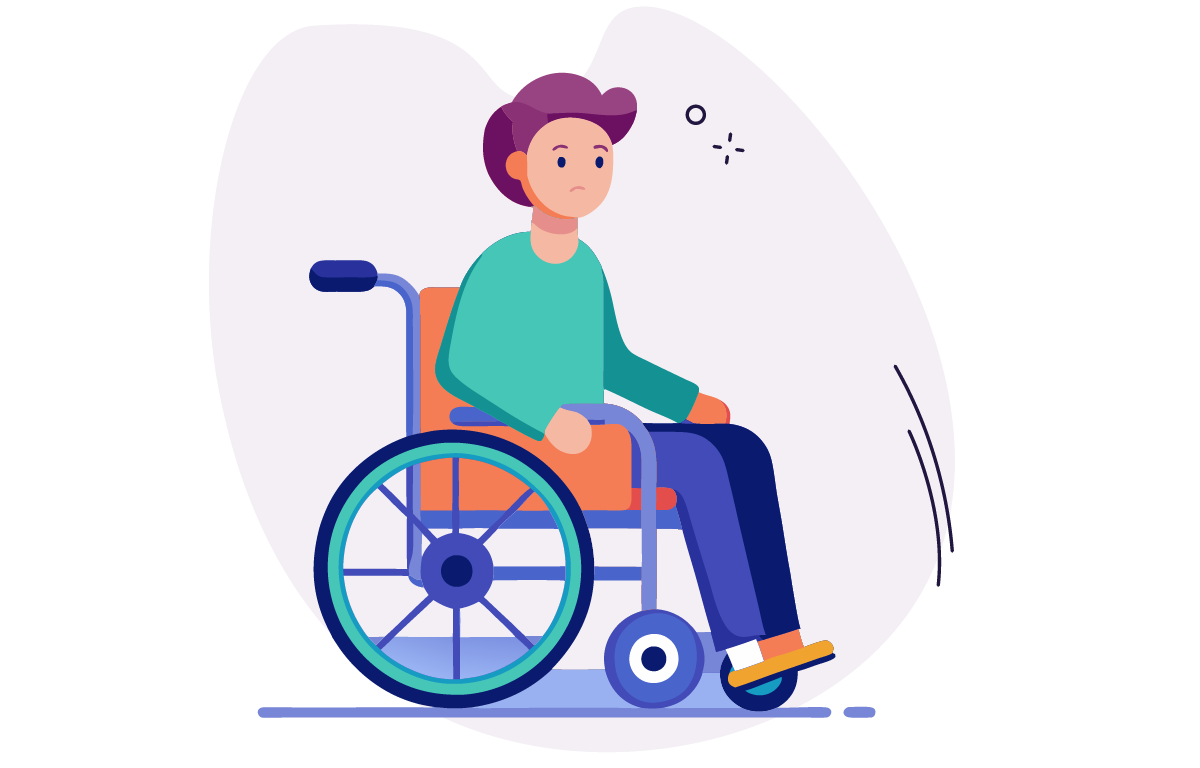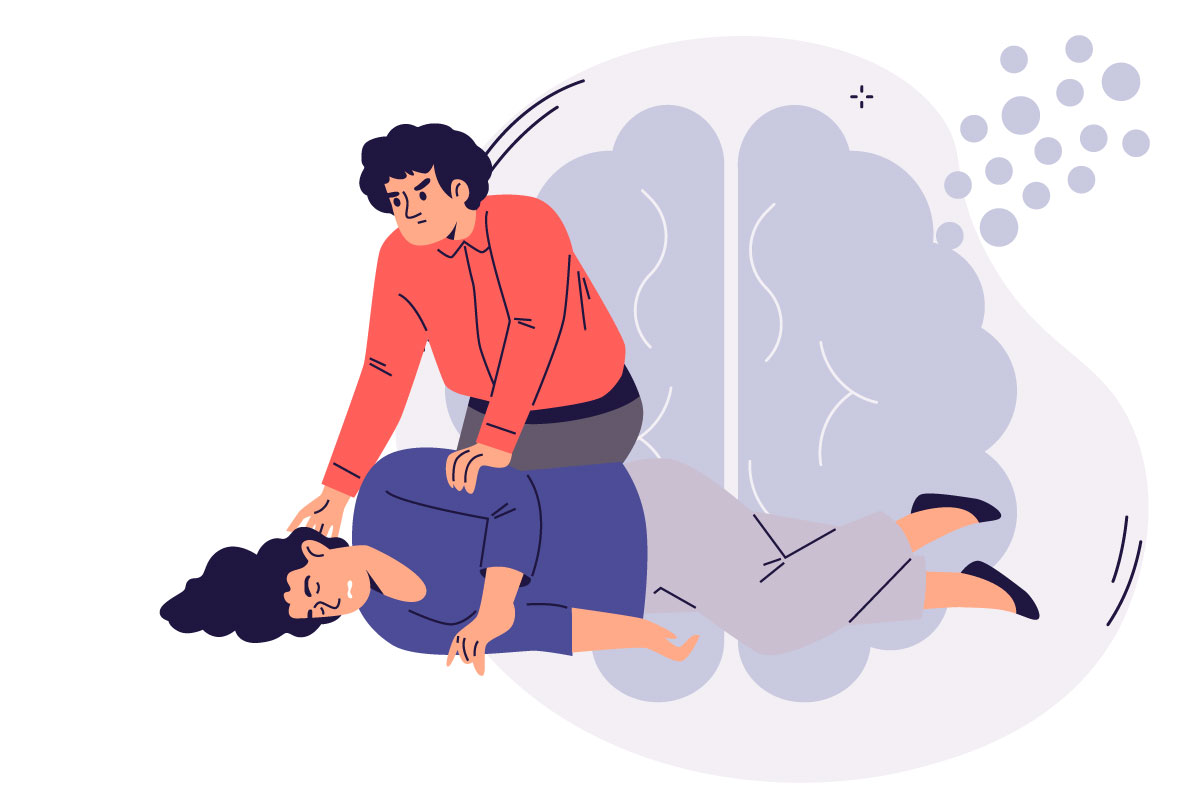
This CME activity is eligible for credit only to those who complete a Manuscript Peer Review and obtain and Enrollment code.
CME credit for physicians or CE participation credit for nonphysicians is awarded for reviews submitted in a timely manner and in recognition of the learning that takes place during a manuscript review.
To be awarded credit and receive a certificate for this activity, peer-review learners must have completed their peer review in a timely manner and have provided constructive criticism to the author and Editor. The peer reviewer must complete the following Evaluation form to claim credit.
You will be awarded 3.00 AMA PRA Category 1 CreditTM for this activity. The ACCME allows up to 15.00 AMA PRA Category 1 CreditTM for peer review to be claimed each year.
Learning Objective
We anticipate learners will make improvements in their ability to critically review research manuscripts, as well as incorporate new research findings into their own practice as appropriate.
Available Credit
- 3.00 AMA PRA Category 1 Credit™
- 3.00 Participation






